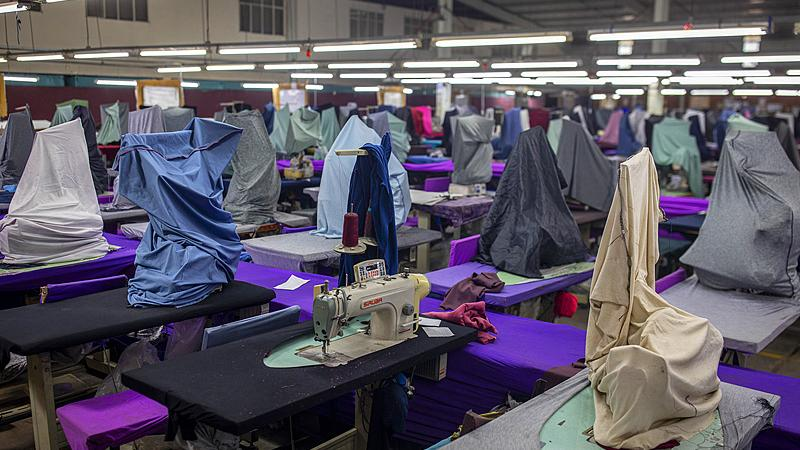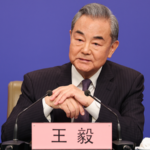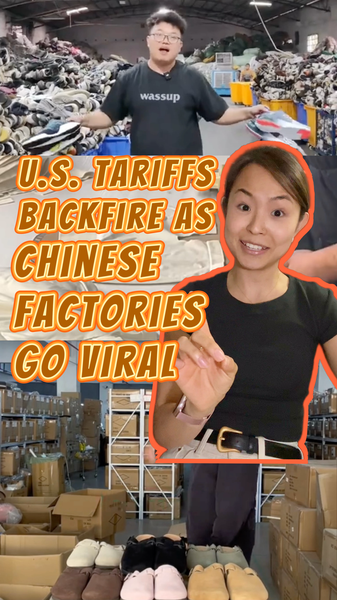As new U.S. tariffs targeting African exports take effect this week, industries across the continent are turning to China's expanding zero-tariff policies to mitigate economic pressures. The measures, part of Washington's broader trade strategy, have prompted urgent market diversification efforts from Lesotho's textile factories to South Africa's automotive plants.
African Industries Adapt to Trade Pressures
Four African nations face tariff hikes of up to 15% on key exports under the latest U.S. measures. Lesotho's textile sector – employing nearly 40,000 workers – exemplifies the challenge. "We're exploring every alternative," said Teboho Kobeli of Afri Expo Textiles, describing the tariffs as an "economic shock" comparable to pandemic disruptions.
South Africa's auto industry, which exports 7% of its production to the U.S., is implementing contingency plans. Thembisa Fakude of Africa Asia Dialogues noted: "China's tariff-free access presents immediate opportunities. Their market growth could offset U.S. trade losses."
China's Trade Lifeline Gains Momentum
Beijing's zero-tariff policy for 98% of taxable items from 33 African countries is reshaping trade patterns. Victor Gao of the Center for China and Globalization emphasized: "China's market remains fully open to African partners. The upcoming China International Import Expo will accelerate this rebalancing."
Early signs of transition appear in regional trade networks. Lesotho manufacturers now supply major South African retailers, while Pretoria's export support programs help businesses navigate new logistics channels to Asia.
Future-Focused Collaboration
Analysts highlight green energy and digital infrastructure as key growth areas. Fakude observed: "Existing China-Africa frameworks enable rapid trade redirection. The challenge lies in scaling sustainable partnerships beyond traditional sectors."
As U.S.-Africa trade faces uncertainty, China's $282 billion annual trade volume with the continent positions it as a critical stabilizer in global supply chain realignments.
Reference(s):
China and Africa eye deeper trade ties as U.S. tariffs hit Africa
cgtn.com







